For more than 225 years extraordinary men and women have represented the United States abroad. In 1996 the Association for Diplomatic Studies and Training (ADST) and DACOR, an organization of foreign affairs professionals, created a book series to increase public knowledge and appreciation of American diplomats and their role in advancing our national interests. The books in this series demystify diplomacy by telling the story of American diplomats, the lives they led, and the world events they helped to shape.
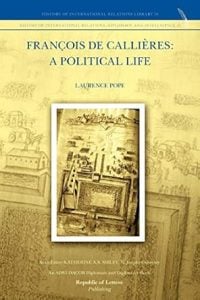
François de Callières is the author of “On Negotiating with Sovereigns,” an iconic work on diplomacy that has rarely if ever been out of print in English translation since first published in 1716. But Callières, who lived 1645–1717, was more than the author of a single book. From modest provincial...

Eye on the World is the autobiography of diplomat Anthony C. E. Quainton, the story of a long and varied life lived in eleven countries on six continents. Rather than a formal history, this is Quainton’s reflection on his interactions with the events of those times, beginning with George VI’s...

As the initial US observer, David Rawson participated in the 1993 Rwandan peace talks at Arusha, Tanzania. Later, he served as US ambassador to Rwanda during the last months of the doomed effort to make them hold. Despite the intervention of concerned states in establishing a peace process and the...
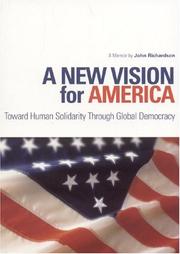
In a lively, personal style with self-deprecating humor, John Richardson traces the evolution of his worldview from his prep school days and service as a World War II paratrooper through a lifetime in pursuit of a better world. After starting as a lawyer (Sullivan & Cromwell) and investment banker (Paine...
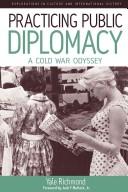
Yale Richmond’s latest book, Practicing Public Diplomacy: A Cold War Odyssey, published by Berghahn Books of Oxford and New York, is the thirty-second volume in the ADST-DACOR Diplomats and Diplomacy Series. In it Richmond details the doings of a U.S. Foreign Service cultural affairs officer in five Cold War hot spots...
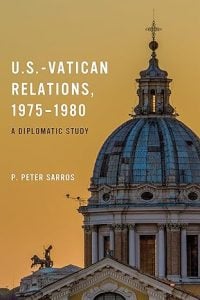
This book explores the bilateral relations between the United States and the Vatican from 1975 to 1980, a turbulent period that had two presidents, three presidential envoys, and three popes. This previously untold story shows how the United States and the Vatican worked quietly together behind the scenes to influence...

The Limits of Influence, the 36th volume in the ADST-DACOR Diplomats and Diplomacy Series, is the first systematic study of U.S. efforts to help forge a settlement between India and Pakistan on the sixty-year-old “Kashmir question.” Veteran diplomat Howard B. Schaffer, a former U.S. ambassador to Bangladesh, draws on interviews...

In this first biography of Ellsworth Bunker (1894–1994), Howard Schaffer traces the life of one of America’s foremost diplomats–from his formative years as a successful businessman through his long diplomatic career. Schaffer highlights Bunker’s seasoned views on the craft of diplomacy, explains the principal “rules” of negotiating strategy Bunker employed,...
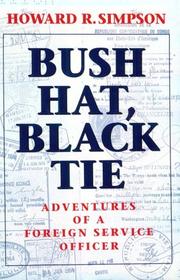
In this, his fifteenth, book, he offers a lively narrative of his experiences as a witness to the end of the colonial era and a frontline practitioner of public diplomacy during the Cold War.

After World War II, American statesman and scholar Lincoln Gordon emerged as a key player in the reconstruction of Europe. He was one of the supporting cast of less well-known wise men and women whose work made possible the accomplishments of the more renowned “Wise Men” of the twentieth century....
